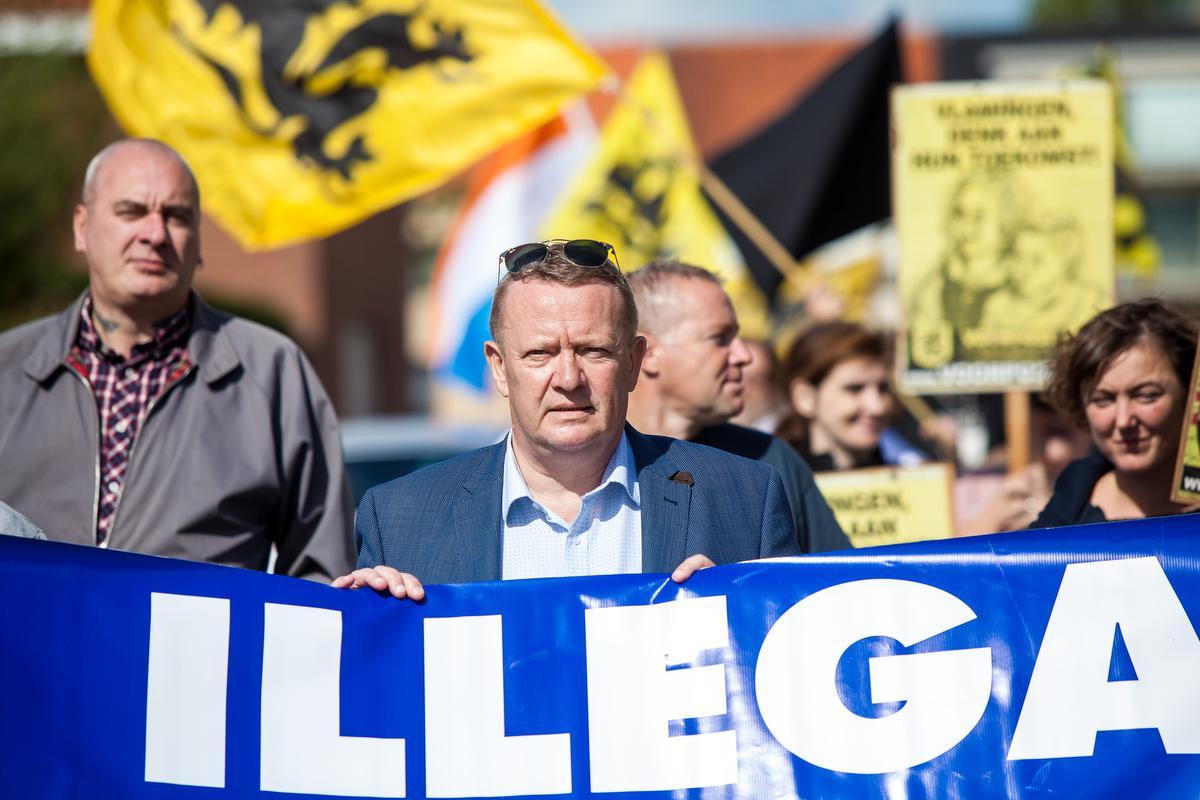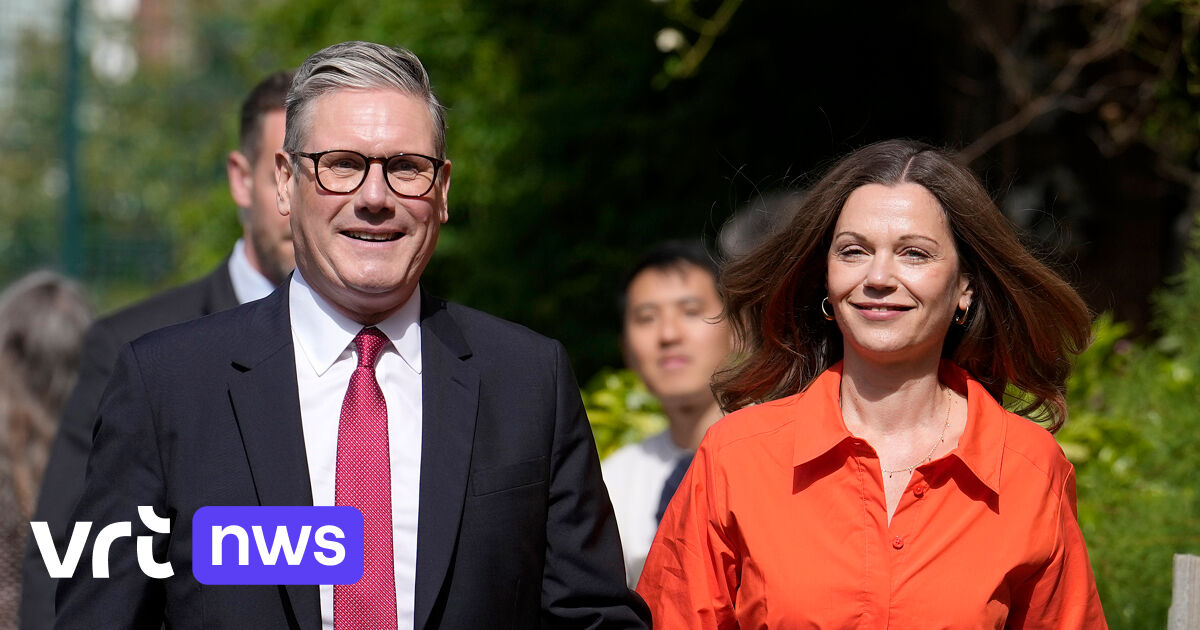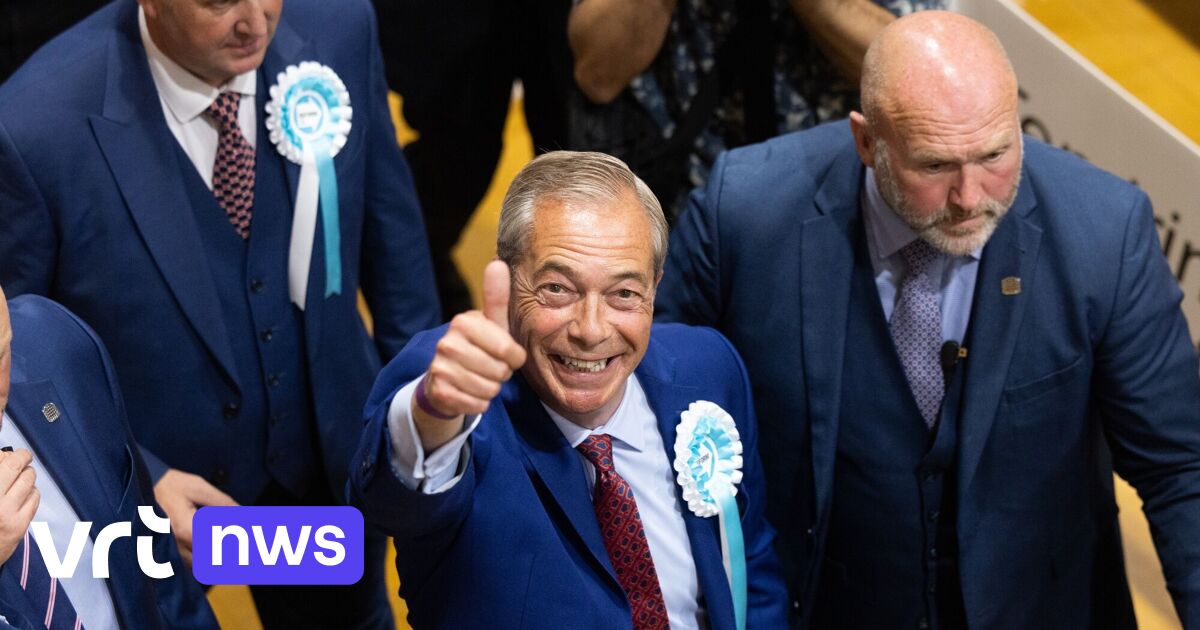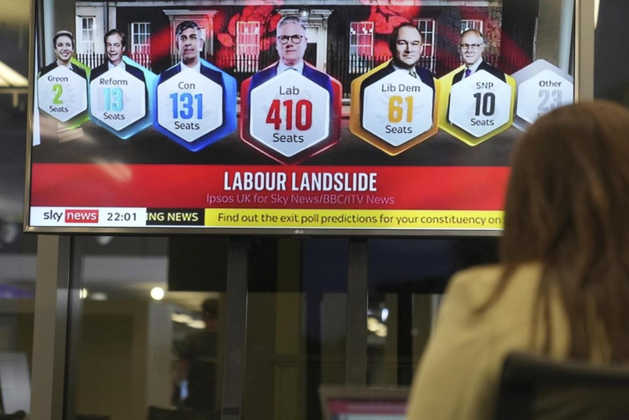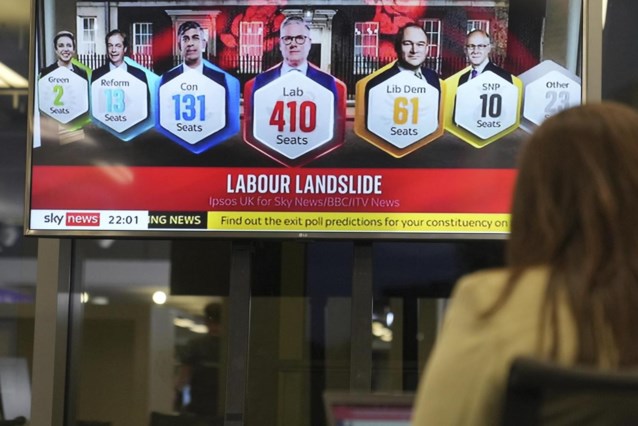The Vlaams Belang Bruges department asked the city council to appoint members of the council for immigration policy. The reason? Bruges is becoming more and more diverse. Mayor Dirk De fauw would not comment on that and replied: “Do you want a polarized society or a society that accepts diversity and also takes a constructive approach to it? As a local government, it is important to involve all citizens, respecting everyone’s identity.”
Recent figures show that one in four Flemings has a migratory background. “In Bruges, the number of residents of Belgian origin fell from 114,211 in 1990 to 100,687 in 2020. The number of non-Belgian residents increased from 3,254 in 1990 to 18,327 in 2020,” evaluates Bruges city council member Stefan Sintobin (VB ). “In fact, that means 14,000 fewer Flemings in Bruges and 15,000 foreigners in 30 years. It is clear that Bruges is also becoming more and more diverse, and this is visible on the streets every day.”
Afraid
Stefan Sintobin personally thinks a substantial increase in the number of people with a migration background is a bad development: “I’m glad the numbers now prove us right, because this is usually dismissed by the mayor of Bruges Dirk De fauw and he’s playing ostrich politics. .”
“Our biggest fear is that in the future Bruges will become cities like Ghent, Mechelen, Vilvoorde, Antwerp, Brussels,…. A city with ghettoization, all kinds of metropolitan problems and indigenous people who will eventually become minorities in their own city, sub-municipality or neighborhood.”
doomsday prophet
Leader Vlaams Belang in Bruges does not want to be a prophet of doom: “But it is clear that the number of foreigners in Bruges will only increase at an accelerated pace in the coming years, unless people have the political courage to do so. something about it.”
“First of all, of course there has to be an end to migration at the national level and strict asylum and migration policies, but local initiatives can also be taken to ensure that Bruges does not become an attraction for foreigners.”
Have someone first…
“The policy of ‘our people first’ must be pursued in which social housing, all kinds of facilities, subsidies for social projects are used for our people. In any case, Vlaams Belang wants to end the current board’s broad embrace of diversity. That is why our party is proposing to appoint a councilor for immigration policy in the upcoming legislature, with the main aim of ensuring that our city remains ‘Our Bruges’”, said Stefan Sintobin.
“Diversity is not a vision, opinion or trend. It’s not something you like or fight against. In cities, and also in Bruges, this is a reality” – mayor Dirk De fauw
According to mayor Dirk De fauw, Bruges is indeed becoming more diverse: “That’s a fact. This evolution is visible throughout Flanders. Bruges is not an attractive place for newcomers. The percentage of non-Belgians in Bruges is lower than the average in the Flemish Region, but they make up a large group of our population.
Number
Dirk De fauw asked for the correct number from the Population Service of Bruges. Bruges currently has 99,162 residents (83.5 percent) with Belgian origin and 19,586 (16.5 percent) with non-Belgian origin. 6.2 percent were from Europe (non-Belgium), 10.3 percent were from non-Europeans. Of the 19,586 foreign residents, 3,684 (or 19 per cent) are from our neighboring countries (including the UK). The national origin review was led by the Netherlands, Romania and Yugoslavia.
“If we look at the current nationality, then 110,212 residents have Belgian citizenship (92.8 percent) and 8,536 have non-Belgian citizenship (7.2 percent),” the mayor of Bruges assessed. “The number of non-Belgians is increasing in Bruges, as in most other cities. However, the percentage of residents with non-Belgian origin, national birth or nationality in Bruges is lower than the average in the Flemish Region. This percentage is also the lowest in Bruges compared to other central cities.”
Responding to diversity
According to Dirk De fauw, how people deal with this diversity depends on how they wish to further shape society: “Do you want a polarized society or one that accepts diversity and also takes a constructive approach to it? As a local government, it is important to involve all citizens, respecting everyone’s identity.”
“Diversity is not a vision, opinion or trend. It’s not something you like or fight against. In the cities, and also in Bruges, it is just a reality. Living together in diversity is a broad and complex social theme.”
Link
“Local authorities can offer positive answers by focusing on connecting, meeting and empowering minority groups. This is also what Bruges does: by offering friends projects and volunteer work, we ensure social relations, ”continued the mayor.
“Newcomers get to know new people and build relationships within and between diverse social groups. In this way, people continue to develop their own competence and confidence. People also know cities (places, organizations, activities, services) through diversification. Lastly, we think it is important to put enough focus on language development by offering the opportunity to practice Dutch.”
Two-way traffic
“Integration, in the end, functions as a two-way street: it is not only about the ‘adaptation process’ of the newcomers, but also about the host society’s response to the newcomers.”
“Equal opportunity policies, including rights-duty accounts, apply to all residents. We strive for equal access to facilities and services for everyone, regardless of which (minority) group a person belongs to. Bruges wants to be a warm, social and inclusive city where no distinctions are made based on a person’s origin, status or personal characteristics. And to create equal opportunities, the necessary structural and/or flanking measures must (sometimes) be taken,” said Dirk De fauw.

“Hipster-friendly creator. Music guru. Proud student. Bacon buff. Avid web lover. Social media specialist. Gamer.”

